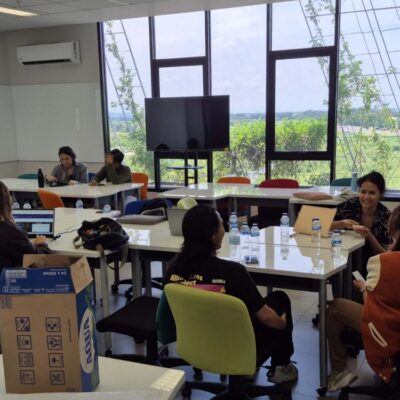Korea has long been regarded as a culturally and linguistically homogeneous country. The dominant ideology of one nation, one race, and one language has inevitably led to essentialized constructions of “Koreanness”. This strong sense of Korean ethnic nationalism and identity, which is often grounded in the ability to speak Korean or to speak it with the “right” accent, has posed serious problems, driving discrimination and prejudice. Perceived outsiders to this assumed homogeneity are often racialised and marginalised. Nevertheless, this surface homogeneity is ideological more than real, and hides a multiethnic and linguistically diverse population. Cracks are now appearing on the surface as (and perhaps because) Korea is becoming more multilingual and multicultural. (Read more on Melbourne Asia Review here.)
Presenters:
Dr Nicola Fraschini, Director of the Global Korea Research Hub and Senior Lecturer in Korean Studies, Asia Institute, Faculty of Arts, University of Melbourne (Australia).




